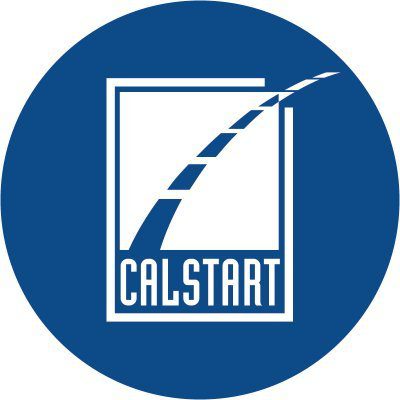EPA Finalizes Greenhouse Gas Emissions Standards for Heavy-Duty Vehicles – Phase 3

PASADENA, Calif. – Today, the U.S. Environmental Protection Agency (EPA) finalized a new regulation aimed at reducing emissions from heavy-duty vehicles and supporting the transition to zero-emission freight. This is a step in the right direction to encourage investments in the transportation sector and spur growth in the U.S. commercial vehicle industry as the market for zero-emission heavy-duty vehicles expands both domestically and abroad.
The combined incentives through the Bipartisan Infrastructure Law and Inflation Reduction Act have shown to be a catalyst for new jobs in the U.S. truck and bus manufacturing sector, helping to preserve our existing share of the global vehicle market. By cleaning up pollution, this regulation will improve public health for communities who have long been harmed by decades of diesel pollution, and supports the Administration’s global leadership at COP27, where Secretary Granholm signed the United States onto the Global Memorandum of Understanding (Global MOU) on Zero-Emission Medium-and Heavy-Duty Vehicles, an international agreement among 33 countries supporting a path to 100 percent new zero-emission medium- and heavy-duty vehicle (MHDV) sales by 2040. Through these combined actions, the United States is demonstrating global leadership in a vital sector of the economy.
“EPA’s new heavy-duty vehicle standards represent a step toward reducing emissions and advancing the transition to zero-emission freight, providing a necessary signal for investment in charging infrastructure and bolstering U.S. manufacturing to meet 2030 climate goals,” said John Boesel, CEO of CALSTART. “This regulation will spur investment and innovation that will result in accelerated growth of the domestic zero-emission commercial vehicle industry. In the long term, this regulation will create and protect jobs, while making the air cleaner and healthier for all,” said Boesel.
The transportation sector stands as the largest contributor to carbon emissions (29 percent) and is a significant source of harmful air pollutants, impacting our environment and public health. Heavy-duty trucks are the economic backbone of this nation’s economy, but of all vehicles on the road, they emit the greatest number of harmful pollutants into the atmosphere. Residents along major freight corridors and ports bear the brunt of these impacts, enduring prolonged health issues such as asthma, heart disease, and lung cancer.
While deployment of clean heavy-duty vehicles is hugely dependent on the scale of our heavy-duty charging infrastructure, the federal government is acting shrewdly to strategically expand charging availability. The federal government’s just-released National Zero-Emission Freight Corridor Strategy outlines the rapid phase-in plan for infrastructure and investment. With the finalization of these regulations, EPA sets an important national standard and direction, while states committed to an even faster pace can choose to adopt the more stringent Advanced Clean Trucks rule, which more than 20 percent of states have done. Together, these mutually supportive pathways set the stage for continued growth and innovation within the transportation sector, provide important emissions reductions and level the playing field by creating a national framework to clean up pollution from heavy-duty trucks. This strategy allows a broad range of stakeholders to move beyond rulemaking and focus on the pivotal implementation of these measures.
Transitioning to a zero-emission freight sector is critical to clean up the air and address the climate crisis. We commend the EPA for their hard work in getting this complex rulemaking over the finish line.
About CALSTART
A mission driven industry organization focused on transportation decarbonization and clean air for all, CALSTART has offices in New York, Michigan, Colorado, California, Florida, and Europe. CALSTART is uniquely positioned to build the national clean transportation industry by working closely with its member companies and building on the lessons learned from the major programs it manages for the State of California. CALSTART has more than 280 member companies and manages more than $500 million in vehicle incentive and technical assistance programs in the United States.


